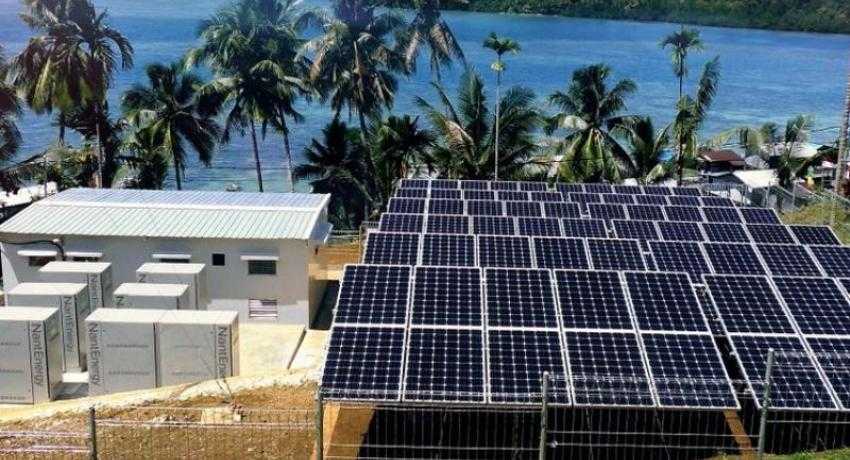Could Zinc-Air Batteries Usher in a New Era of Solar Power?
One of the reasons why mass deployment of solar power still remains a distant goal is that most solar panels use lithium-ion batteries, which are expensive, harmful to the environment, and come with the added risk of fires and explosions due to overheating.
For the first time, a safer, cheaper, and more durable alternative to lithium ion batteries has been developed in the form of zinc energy based storage systems.
Zinc-Air Batteries – The Latest Green Innovation
Dr. Patrick Soon-Shiong, a California based entrepreneur, has developed what could very well be the breakthrough the solar industry had been waiting for – a rechargeable battery that runs on zinc and air.
Dr. Soon-Shiong says that the combination of zinc-air batteries and solar arrays can create a microgrid system that can power a large area. In fact, he says that such systems have been used to power 110 villages in Africa and Asia for the past six years.
Many of these villages did not have electricity and relied on generators for their needs. Today, they have been electrified thanks to these zinc-air battery based microgrid systems thanks to Soon-Shiong's company NantEnergy.
The zinc-air battery based microgrids can work independently and do not require any sort of backup from a regular electric grid or utilities. He claims that the technology has the potential to completely transform the solar energy industry.
The Significance of Zinc-Air Batteries
Energy storage is a core aspect of renewable energy. Solar and wind energy, by their very nature, are not stable or predictable. There are ebbs and flows in power generation depending on the weather conditions.
When there is surplus power, you need to store it. If it is not possible, you have to use it. In fact, states like California pay other states from time to time to use the surplus power they generate and the people in California have been paying more for electrical power because of their policies. With the advent of zinc-air batteries, this will no longer be an issue, since they are very efficient at storing power.
Cheaper than Lithium-Ion Batteries
The cost of zinc-air based energy storage systems is estimated at $100 per kilowatt-hour, which is very cheap. In comparison, lithium-ion based energy storage systems cost anywhere from $300 to $400 per kilowatt-hour.
Since zinc-air technology is still in its infancy, we can expect the costs to go down even further, as the technology is fine-tuned and the end products become more efficient. Many experts believe that this technology could break the cost-based barriers that currently prevent the large scale deployment of solar power.
The Durability Factor
In addition to being used to power villages in Asia and Africa, zinc-air battery units have also been used to power cell phone towers in the US. One such tower is located in North Carolina, which was devastated by Hurricane Irma last year. The battery system was able to withstand the effects of the hurricane, which is impressive to say the least.
The zinc-air batteries developed by Dr. Soon-Shiong’s company can provide power for as long as 72 hours on a single charge. It means these batteries could power large areas even under inclement weather conditions for a period of two to three days without any external source of backup.
Affordable Solar Energy – Goal to be Achieved
Experts say that it is necessary to deploy solar power on a large scale, since it is the only way to keep the costs affordable. With zinc-air energy storage systems, it certainly looks like an achievable goal in the near future.
It is poignant that the technology was developed by a California based company, since the state has been at the forefront of the renewable energy revolution and has made a pledge to transition from fossil-fuel based electricity to carbon-free electricity by 2045.




